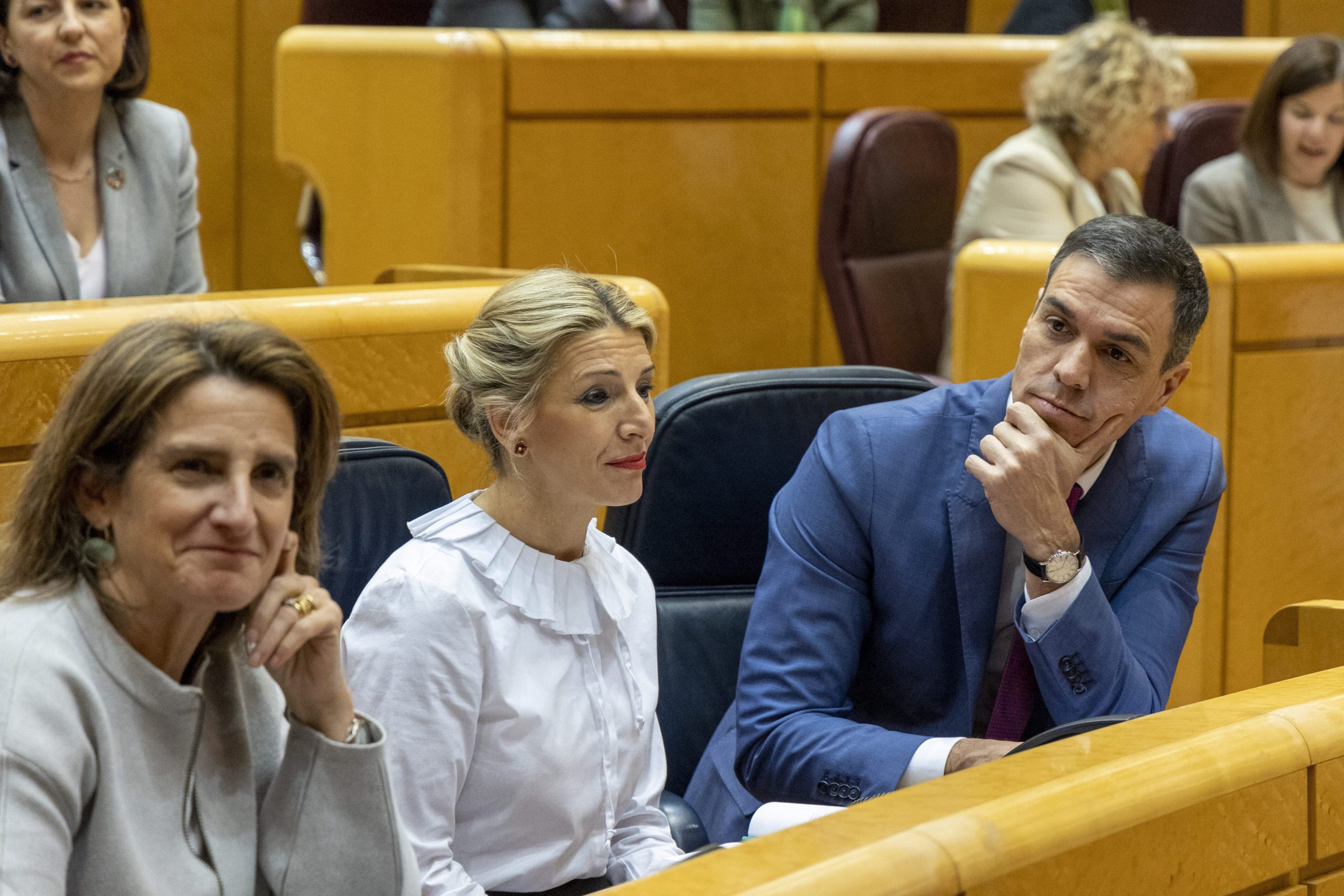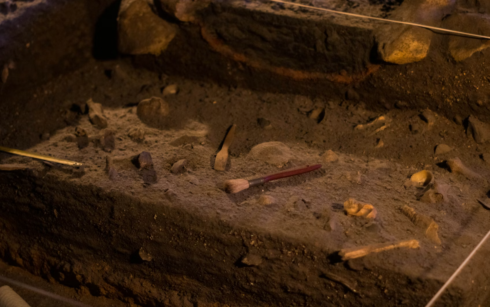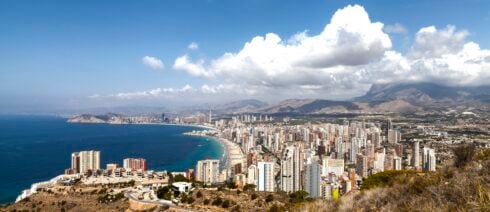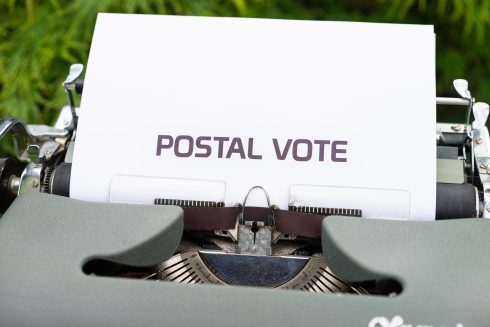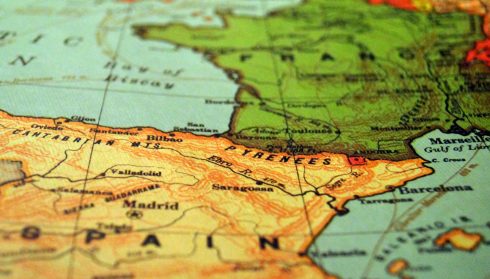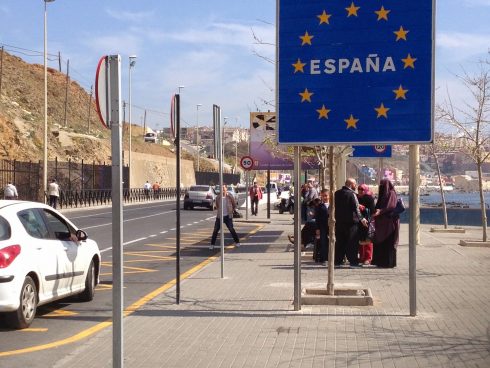THE POLITICAL stalemate that has gripped Spain since the inconclusive general election held on July 23 took a stop closer to ending on Tuesday, as caretaker Prime Minister Pedro Sanchez and a Catalan nationalist party agreed the terms of an amnesty that could potentially benefit anyone involved in the 2017 drive for independence in the northeastern region.
The deal between the Socialist Party (PSOE) and the Catalan Republican Left (ERC) paves the way for a date to be set for an investiture debate, at which Sanchez will seek support from lawmakers to form a government.
The conservative Popular Party (PP) was the winner at the July elections, but fell well short of a 176-seat majority in the 350-seat Congress of Deputies. The party leader, Alberto Nuñez Feijoo, tried to form a government at an investiture debate but was unsuccessful, only securing the support of far-right Vox.
Since then, Sanchez has insisted he will have the votes to secure a repeat term in office. So far he has agreed a coalition deal with Sumar, a new alliance that has absorbed a series of leftist parties including Unidas Podemos (Together we Can), the Socialists’ partners in the previous administration.
However, the caretaker prime minister needs the support of a series of other, smaller groups, including the Catalan nationalists, before he can secure the majority needed to be voted in as prime minister.
In return, these groups have been demanding a series of concessions, including the highly controversial amnesty for anyone who has been convicted of, or is facing charges for, offences committed in the 2017 drive for independence in the region.
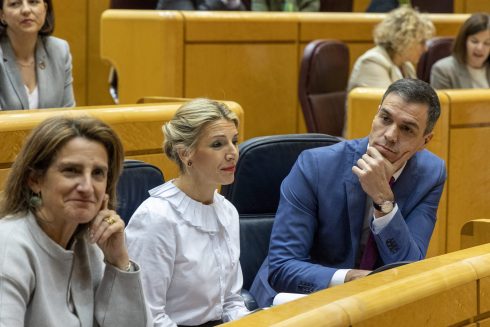
In October of that year, an illegal referendum on secession from Spain was organised by political forces and civil organisations, and was followed by a unilateral declaration of independence being passed in the Catalan parliament.
According to a statement released by the two parties late on Tuesday night, the PSOE and ERC agreed the main points of the amnesty deal yesterday, but there are still points to finesse with another of the pro-independence parties, Together for Catalunya. This is expected to happen at some point today.
Until the weekend, Sanchez had avoided much mention of the amnesty, although it has been widely rumoured over recent months, prompting the ire of parties such as the PP and Vox.
Speaking at a federal committee meeting on Saturday, however, the caretaker prime minister voiced his most explicit support so far for the plan, saying that ‘in the name of Spain, in the interest of Spain, in defence of harmony among Spaniards, I am today defending the amnesty in Catalonia for the events that occurred over the past decade.’
The amnesty law is expected to be proposed tomorrow in the Congress of Deputies.
Should the deal fall apart and Sanchez fail to be reelected by lawmakers as prime minister, Spaniards can expect to return to the polls for a repeat general election come January 2024.
Read more:
- Spain’s caretaker prime minister voices strongest backing yet for Catalan amnesty
- Spain’s caretaker prime minister holds unprecedented meetings with Basque and Catalan separatists
- Spain’s Socialists accelerate talks with leftist alliance Sumar in bid to hammer out coalition deal
Click here to read more News from The Olive Press.

